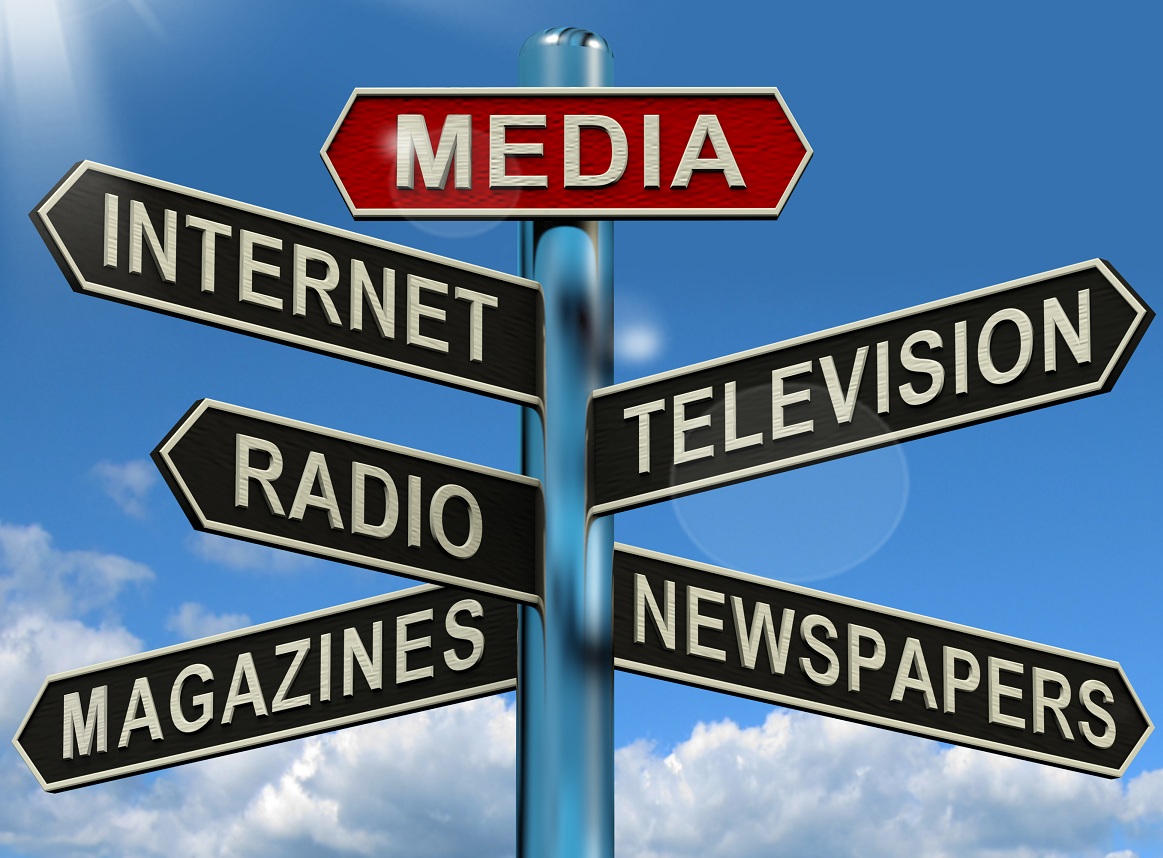How the media can mitigate Nigeria’s security and humanitarian challenges
Nigeria has been battling with insecurity since independence. This ranges from the 1963 crisis, the civil war, Maitasine, Boko Haram, Niger Delta Militants, IPOB, banditry to farmer-herder clashes as well as religious and ethnic conflicts. In addition, natural disasters like flooding, fire outbreak, and erosion have also contributed to aggravating humanitarian issues in the country. […]

Nigeria has been battling with insecurity since independence. This ranges from the 1963 crisis, the civil war, Maitasine, Boko Haram, Niger Delta Militants, IPOB, banditry to farmer-herder clashes as well as religious and ethnic conflicts. In addition, natural disasters like flooding, fire outbreak, and erosion have also contributed to aggravating humanitarian issues in the country.
According to the UN refugee agency, UNHRC, as of last September, insecurity in Nigeria has turned over 3.1 million people into Internally Displaced Persons and more than 343,000 are refugees. The development has exposed innocent Nigerians to life-threatening diseases, and inaccessibility of social amenities.
Another disturbing factor is that the United Nations Educational, Scientific and Cultural Organisation (UNESCO) reported that the number of out-of-school children has risen from 10.5 million in 2020 to 20 million as of October 2022. Most of them are victims of insecurity.
The United Nations (UN) had, last week, launched a $1.3 billion appeal to help six million people severely affected by conflict, disease, and disaster in North East Nigeria. Describing the situation as a “ticking time bomb”, the UN Office for the Coordination of Humanitarian Affairs (OCHA) said the number of children suffering from acute malnutrition is projected to increase to two million in 2023, up from 1.74 million last year.
According to Professor Umaru Pate in his Media and Conflict level 400 course, BUK, the media have the role of giving early warning signals of conflict, roles during the conflict, and post-conflict. Looking at the issues raised in this article, the media can educate citizens on the need to coexist peacefully and for the governments to live above board in all their dealings. The media should teach Nigerians skills and techniques for becoming self-reliant to stop them from engaging in violent activities. It is also the duty of the media to analyse the fundamental causes of conflicts and proffer solutions. When conflict erupts, the media can stabilise it through objective, balanced, and fair reportage.
To tackle humanitarian issues, the media have to perform surveillance and sensitisation roles. These include reporting donations and support rendered to the affected persons by governments and relevant bodies and ensuring that they are distributed and not diverted. Secondly, the media must work tirelessly to see that displaced persons are well-settled and provided with all their needs. The third is the reporting of child labour, sexual violence, and other forms of injustice. Lastly, IDPs should be sensitised on the need to value their health, education, physical and psychological well-being.
Bilyaminu Gambo Kong-kol, Department of Mass Communication, Bayero University, Kano
